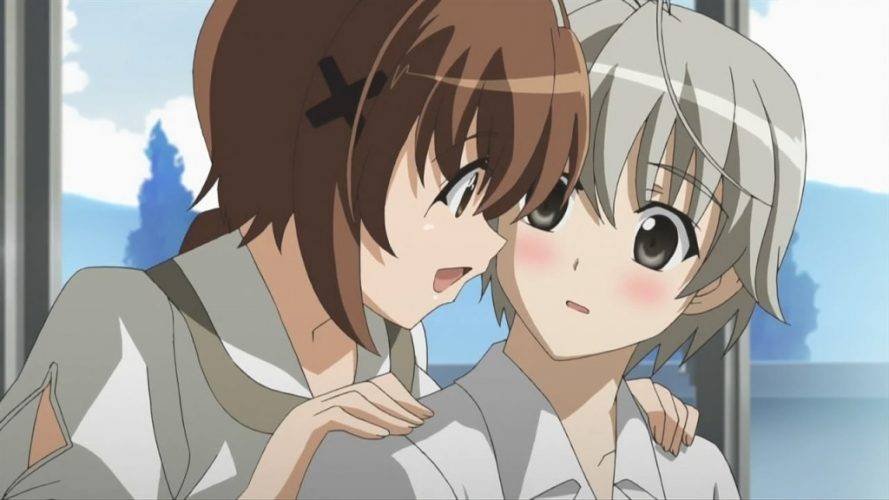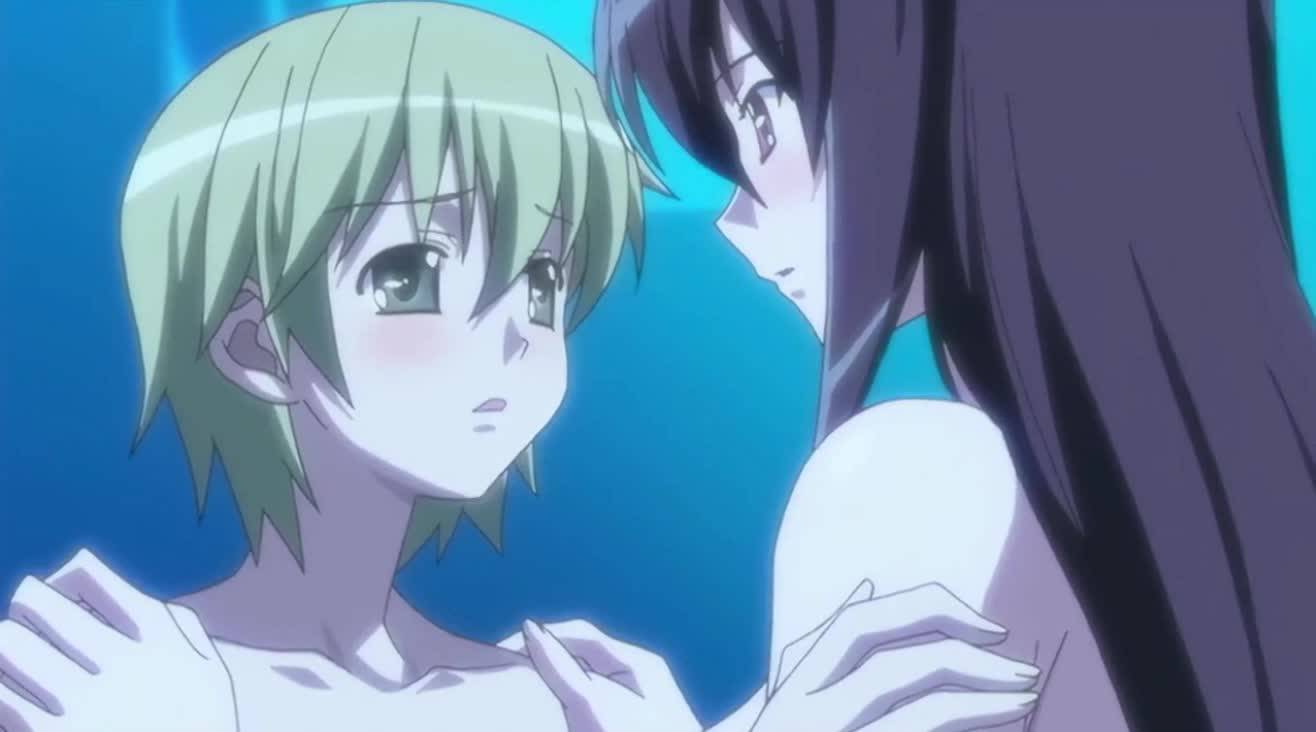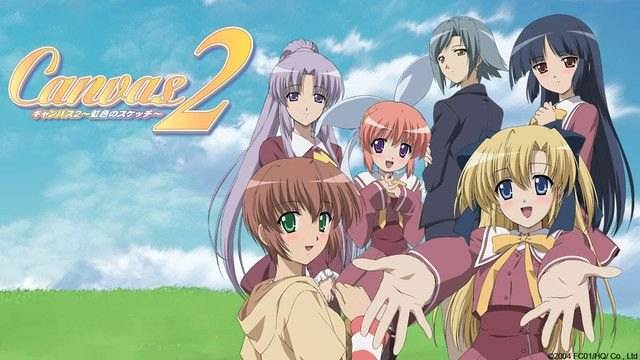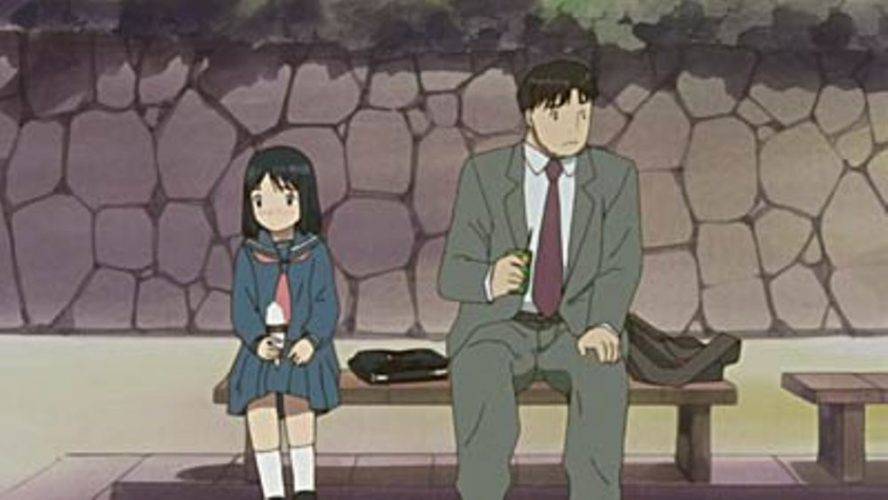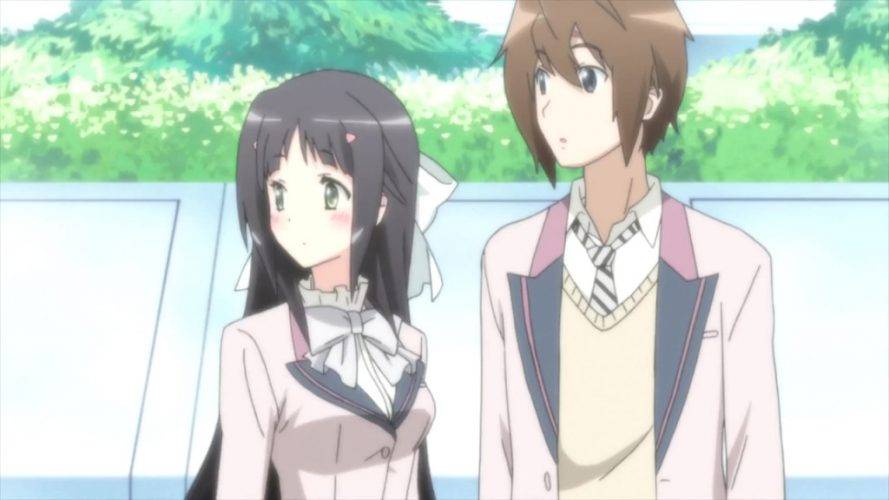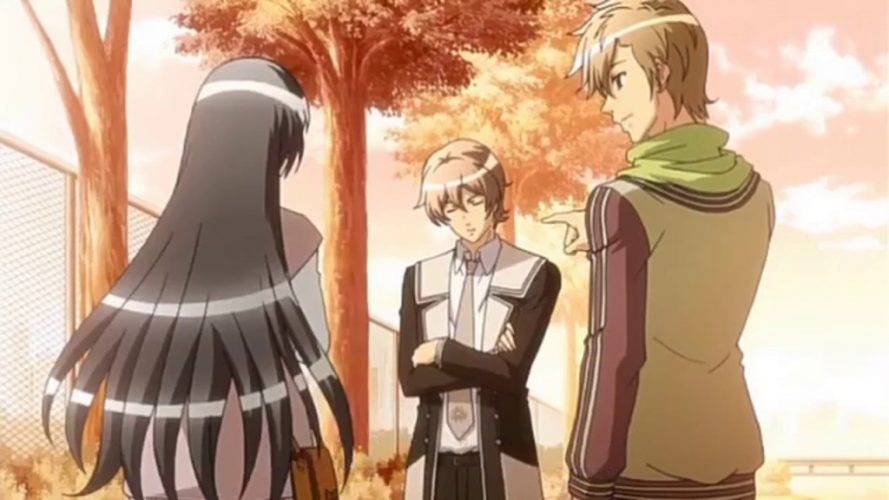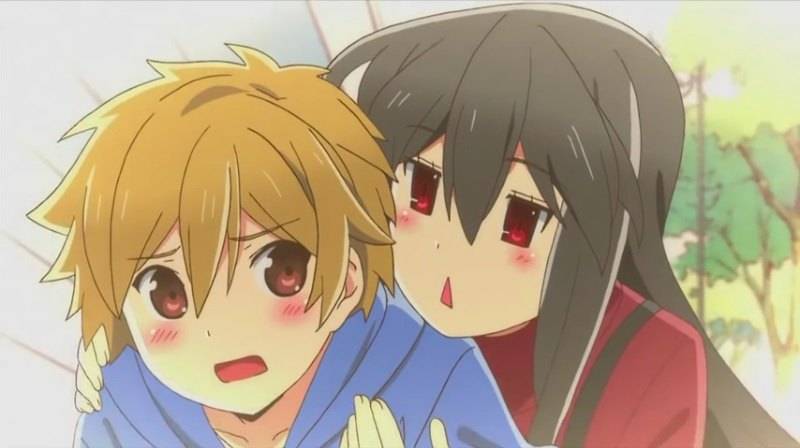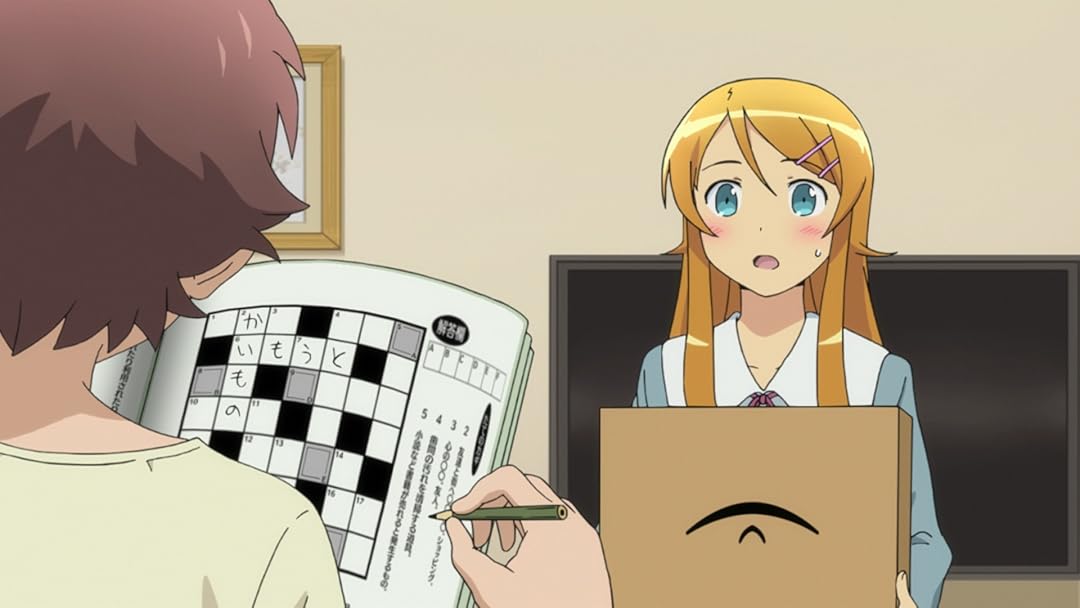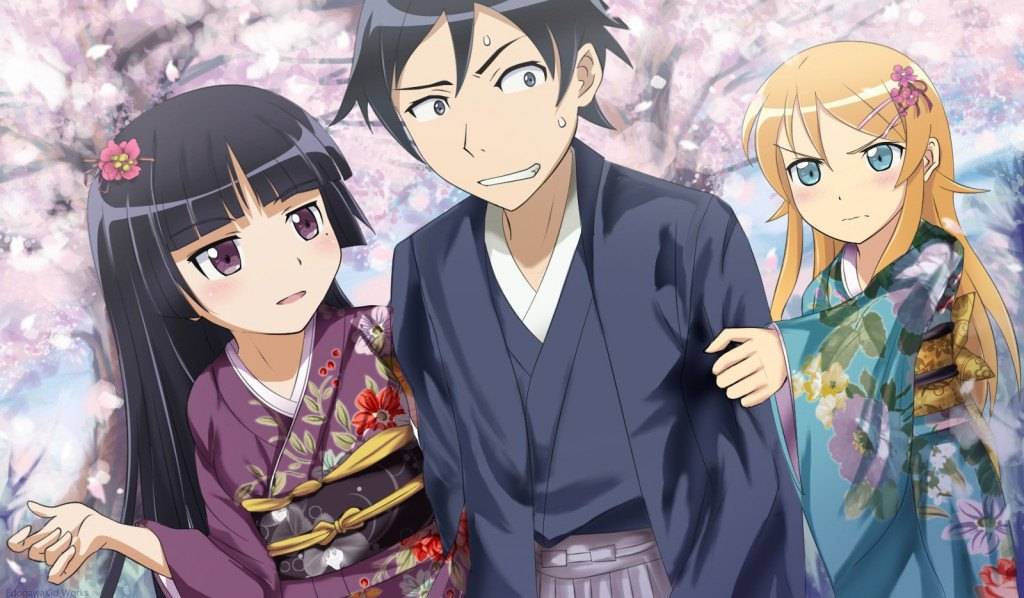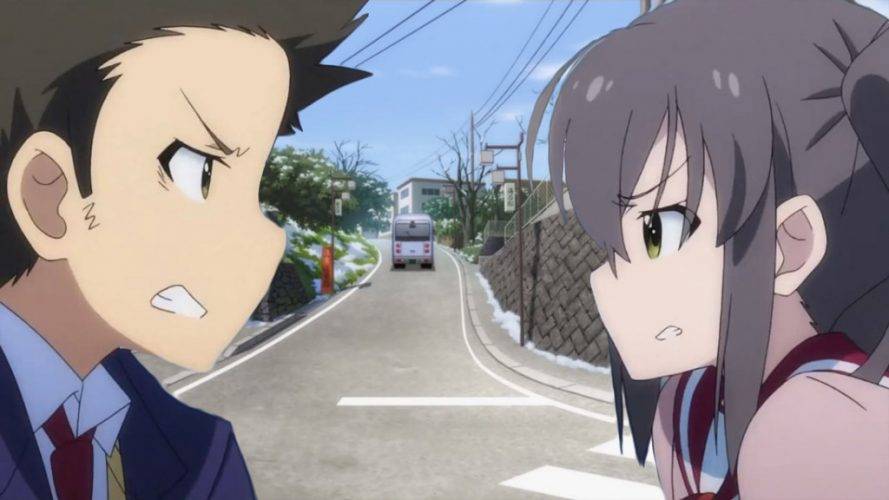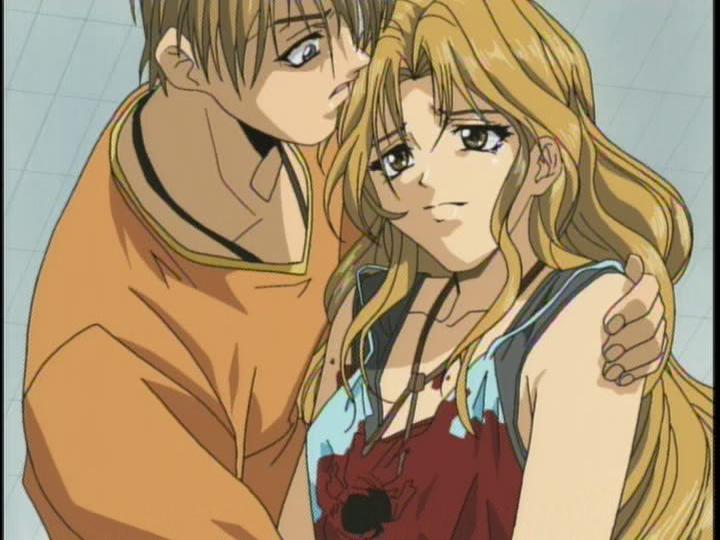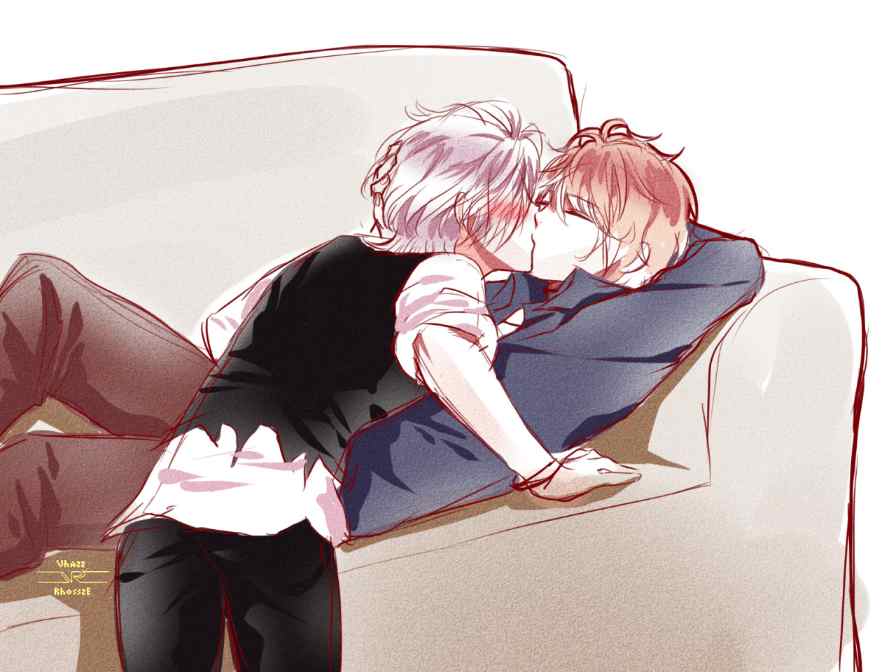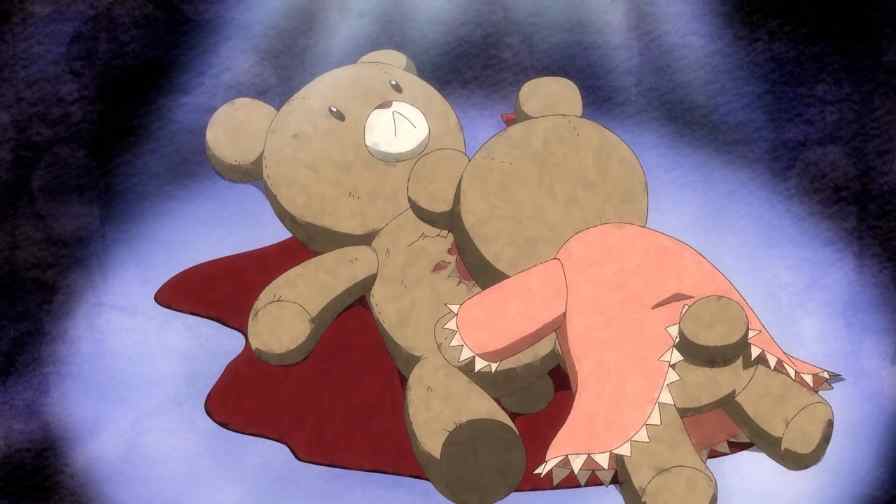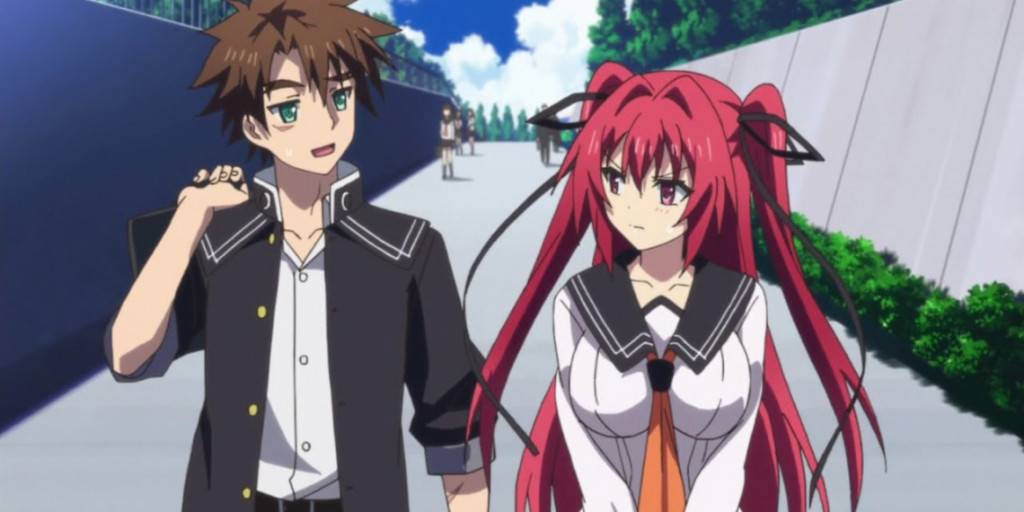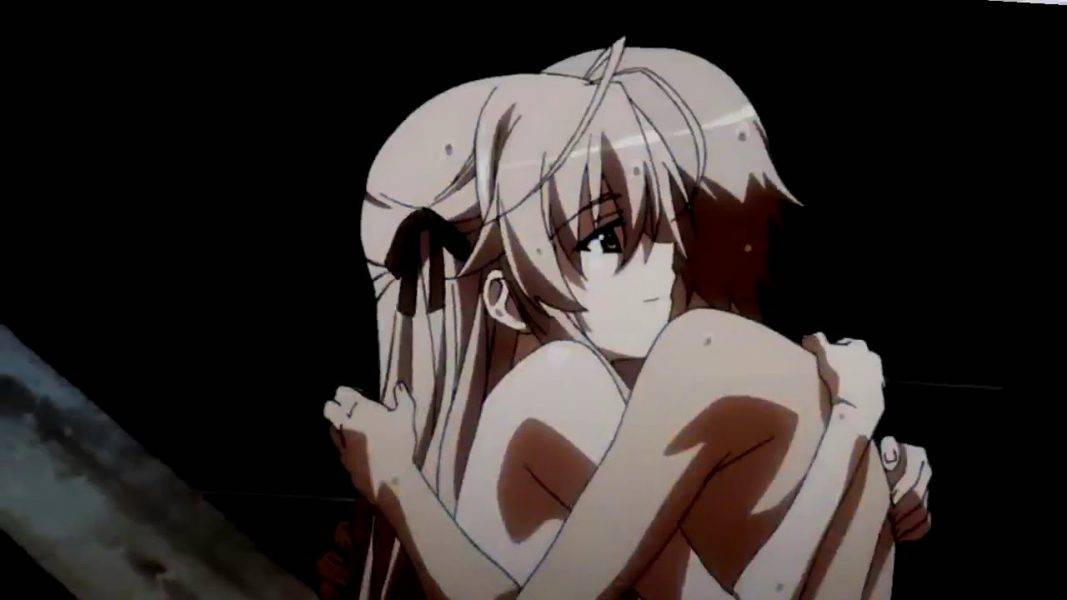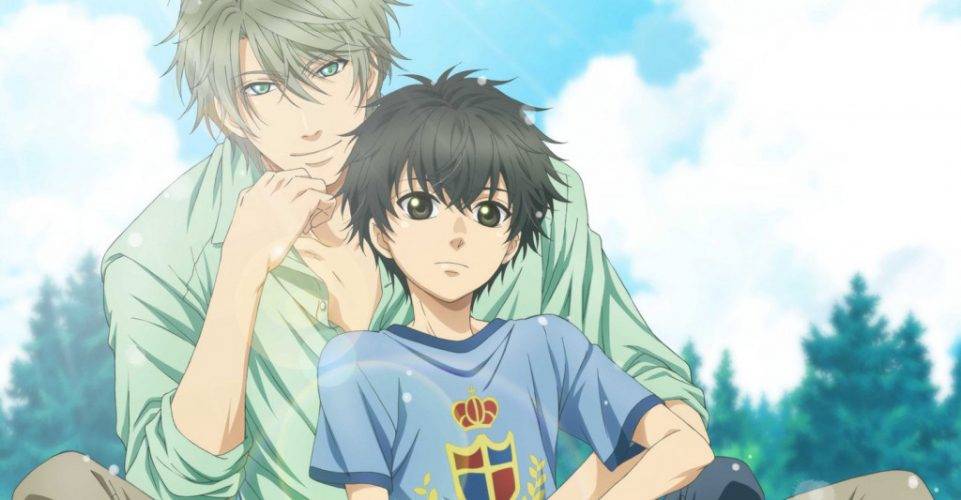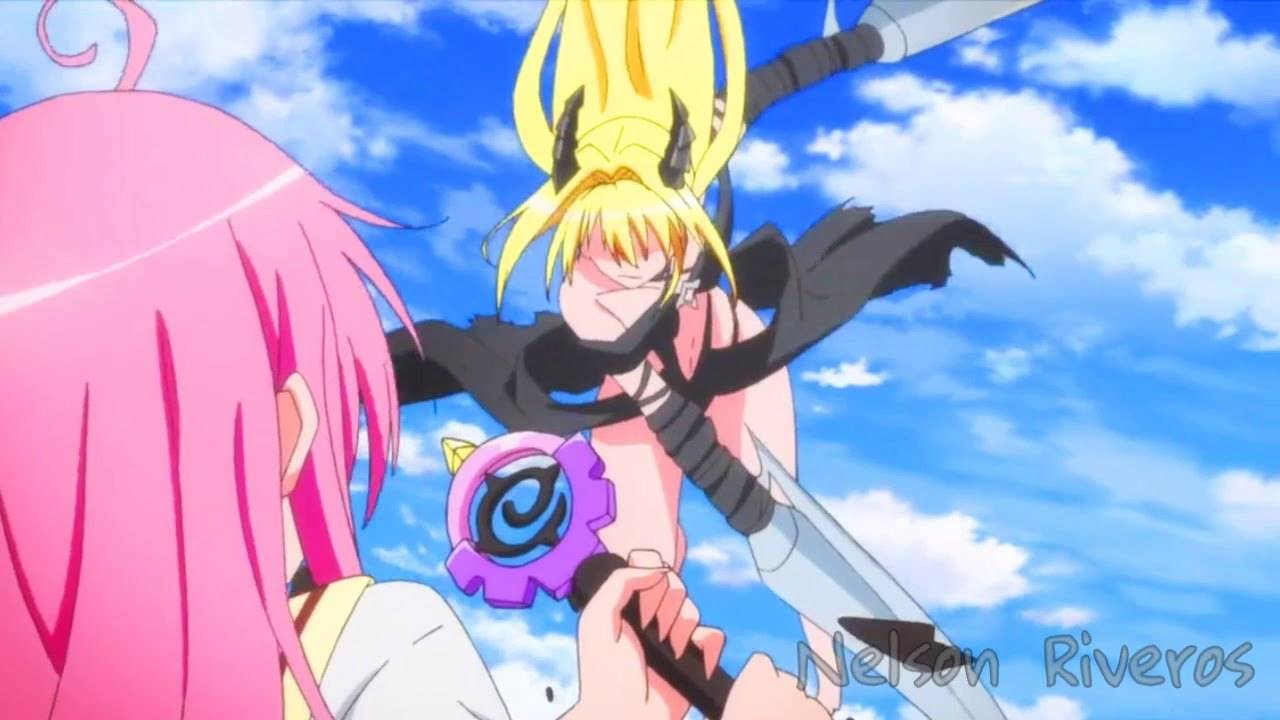Disclaimer: This article has been updated in 2024 to improve its accuracy and readability, ensuring a better experience for our readers. The content now reflects the most up-to-date information and insights.
Incest themes in anime have long been a controversial topic, yet they remain a prevalent trope in the world of Japanese animation. Whether presented as comedic misunderstandings, emotional sibling bonds, or provocative and taboo-breaking relationships, incest anime explores the complex and often forbidden dynamics between family members. These anime series and films push the boundaries of storytelling, delving into themes of love, obsession, and the consequences of crossing societal boundaries. While not everyone will feel comfortable with these storylines, these anime manage to captivate viewers with their intricate plots and emotional depth, leaving a lasting impression. In this list, we explore some of the most notable incest-themed anime that have gained popularity over time, showcasing how anime continues to tackle controversial themes head-on.
Akane Iro ni Somaru Saka (2008)
*Akane Iro ni Somaru Saka* follows Junichi Nagase, who ends up rescuing a girl, Yuuhi, from a group of bullies. To his surprise, Yuuhi turns out to be his fiancée through an arranged marriage. While their relationship starts off rocky, it soon takes a surprising twist as Junichi begins developing feelings for his younger sister, Minato. This anime dives into a love triangle where sibling affection begins to blur the lines, offering viewers an awkward yet engaging plot that challenges traditional family dynamics.
Aki Sora (2009)
Unlike anime that focus on step-sibling relationships, *Aki Sora* brings a blood-related sibling romance to the forefront. The story revolves around Sora, a young boy who realizes he has romantic feelings for his older sister, Aki. In this OVA series, their love is mutual, but societal norms force them to keep their relationship secret. Aki Sora doesn’t shy away from explicit content, diving straight into their forbidden romance. This title is known for its bold approach to incest themes and its ability to evoke strong reactions from viewers.
Boku wa Imouto ni Koi wo Suru (2005)
*Boku wa Imouto ni Koi wo Suru* takes a direct approach to sibling incest. The story centers on twins Yori and Iku, who have always been close. However, Yori harbors deeper feelings for Iku and struggles with the guilt of his emotions. This OVA doesn’t hold back, with Yori ultimately confessing his love and Iku reciprocating. The show is bold in its portrayal of sibling romance, offering a raw, emotional take on forbidden love, making it a controversial but significant entry in the incest anime genre.
Canvas 2 (2005)
Set against a backdrop of art and tragedy, *Canvas 2* explores a complicated relationship between cousins Hiroki and Ellis. The two live together after Ellis loses her parents in an accident, and while they share familial bonds, Ellis soon confesses her romantic feelings for Hiroki. As their relationship progresses, viewers are drawn into the emotional and moral struggles both characters face. This anime offers a blend of love, loss, and complex emotions, making it a compelling, if uncomfortable, watch.
Citrus (2018)
*Citrus* introduces us to Yuzu, an outgoing girl whose life changes when her mother remarries. Yuzu soon discovers she has a new step-sister, Mei, who is the complete opposite of her. What begins as sibling rivalry quickly turns into a complex relationship filled with unexpected emotions, as Mei kisses Yuzu and sparks an unconventional romance. Although their relationship doesn’t involve blood relations, *Citrus* treads on the themes of forbidden love between siblings, making it a bold inclusion in this genre.
Kiss X Sis (2010)
*Kiss X Sis* is one of the more lighthearted incest anime, focusing on Keita and his two step-sisters, Ako and Riko, who are in fierce competition for his affection. Although they are step-siblings, the anime explores the awkward, comedic, and often risqué situations Keita finds himself in as his sisters vie for his attention. The anime has gained notoriety for its ecchi content and comedic portrayal of incestuous relationships, making it a staple for fans of the genre.
Koi Kaze (2004)
*Koi Kaze* is a deep dive into the emotional turmoil that comes with forbidden love between siblings. The story follows Koushirou, a wedding planner, who falls in love with a high school girl, only to discover she is his younger sister. As he struggles with his feelings, the anime delves into the psychological aspects of incest, portraying the internal conflict, guilt, and forbidden desire that come with such a relationship. *Koi Kaze* is one of the more serious entries in this genre, making it a thought-provoking watch.
Kono Naka ni Hitori, Imouto ga Iru! (2012)
Shougo Mikadono, the protagonist of Kono Naka ni Hitori, Imouto ga Iru!, is tasked with finding a bride while attending a prestigious private school. However, the situation takes an unexpected turn when he learns that one of the girls vying for his attention might be his half-sister. This premise creates tension throughout the series as Shougo tries to uncover the truth, all while dealing with the romantic advances of his potential love interests. The anime plays with the theme of hidden identities and blurred familial lines, making it a notable inclusion in the incest anime genre.
Kuro to Kin no Akanai Kagi (2013)
Katagiri Kanade is a reclusive girl who spends most of her time dreaming up fantasy scenarios. In Kuro to Kin no Akanai Kagi, the plot takes a strange twist when Kanade finds herself in a love triangle involving her step-brother and a mysterious hairstylist. Though the story is unconventional, the relationship between Kanade and her step-brother treads into incestuous territory. This reverse harem anime focuses on emotional manipulation, jealousy, and complex sibling bonds, delivering a narrative filled with tension and intrigue.
Onee-chan ga Kita (2014)
Onee-chan ga Kita offers a comedic take on sibling obsession with its short, episodic format. The anime follows Tomoya, a 13-year-old boy, whose father remarries, bringing a new step-sister, Ichika, into his life. Ichika’s overwhelming affection for her younger step-brother often crosses boundaries of normal sibling love, leading to hilarious but awkward situations. Though the show has incestuous undertones, it leans more toward humor, with Ichika’s exaggerated obsession being the main source of comedy.
Oreimo (2010)
Oreimo, short for Ore no Imouto ga Konnani Kawaii Wake ga Nai (My Little Sister Can’t Be This Cute), is one of the most well-known anime series exploring sibling relationships. The show follows Kyousuke Kousaka, an ordinary high school student, and his strained relationship with his younger sister, Kirino. Kirino is an overachiever with a secret obsession for otaku culture and adult games featuring sibling incest, a plot device that humorously parallels the tension between her and Kyousuke.
Though the show doesn’t cross into actual incest, it continuously hints at the idea, especially through Kirino’s tsundere behavior and Kyousuke’s growing feelings of affection and protectiveness. Oreimo plays on the trope of sibling love in a lighthearted and comedic way, making it popular among fans of both the incest and harem genres. Despite its playful nature, the anime touches on some real emotions between siblings, leaving viewers to speculate on the deeper meanings behind their interactions.
Oniichan no Koto nanka Zenzen Suki Janain Dakara ne!! (2011)
In Oniichan no Koto nanka Zenzen Suki Janain Dakara ne!!, Nao Takanashi has an intense crush on her older brother, Shuusuke. Her feelings verge on obsession, and she tries to make Shuusuke see her as a woman rather than just his younger sister. However, Nao’s world is turned upside down when she discovers some family secrets that force her to rethink their relationship. This anime mixes comedy, romance, and sibling love in a way that pushes the boundaries of the incest genre while providing plenty of lighthearted moments.
Ore no Imouto ga Konnani Kawaii Wake ga Nai (2010)
In Ore no Imouto ga Konnani Kawaii Wake ga Nai (also known as My Little Sister Can’t Be This Cute), Kyousuke Kousaka finds himself caught up in his younger sister Kirino’s secret world of eroge games and anime. Although their sibling relationship starts off cold and distant, the two grow closer as they bond over Kirino’s unusual hobbies. The anime explores the boundaries of sibling affection and subtly hints at romantic undertones between Kyousuke and Kirino. The anime’s blend of comedy and light-hearted moments with themes of sibling love makes it a popular title among fans.
Saikin, Imouto no Yousu ga Chotto Okashiinda ga (2014)
Saikin, Imouto no Yousu ga Chotto Okashiinda ga takes a supernatural spin on incest. When Mitsuki Kanzaki’s mother remarries, she finds herself with a new step-brother, Yuuya. However, the dynamic between the two becomes more complicated when Mitsuki is possessed by a ghost who has unfulfilled romantic feelings for Yuuya. The anime combines elements of comedy, fantasy, and romance, and explores incest from an unusual perspective, with the spirit’s presence adding an extra layer to the taboo relationship.
Angel Sanctuary (2000)
Based on a popular manga series, Angel Sanctuary dives into dark themes like sin and forbidden love. The story revolves around Setsuna Mudo, a high school student who learns that he is the reincarnation of an angel who defied Heaven’s laws. Setsuna is in love with his younger sister, Sara, and this complicated relationship forms a key part of the plot. The anime touches on various aspects of incest in a supernatural context, giving it a unique place among anime that explore this theme.
Diabolik Lovers (2013)
Diabolik Lovers follows Yui Komori, a girl who is sent to live with six vampire brothers. While the central storyline revolves around her interactions with the vampires, some of the relationships between the brothers themselves have strong incestuous undertones. The anime explores themes of dominance, submission, and the psychological impact of familial bonds in a twisted, supernatural setting.
Pupa (2014)
Pupa is a horror anime that tells the disturbing story of Utsutsu and Yume Hasegawa, siblings who share a deep, unsettling bond. After being infected by a virus that turns her into a monster, Yume relies on her brother for survival by feeding on him. While the anime is primarily about body horror and grotesque transformations, the incestuous relationship between the siblings is implied throughout the series, making it a truly disturbing entry in the genre.
School Days (2007)
School Days may not primarily focus on incest, but it features some controversial themes involving relationships between siblings. The anime is known for its shocking, violent end and explores the dark side of love and obsession. The dynamic between Makoto Itou and his relationships, including those with family members, gets increasingly twisted, adding layers to the narrative about the potential consequences of unchecked emotions.
Shinmai Maou no Testament (2015)
In Shinmai Maou no Testament, Basara Toujou suddenly finds himself living with two step-sisters, Mio and Maria, after his father remarries. However, Basara’s new family members are not ordinary girls—they are demons with dangerous powers. Despite being from a rival hero clan, Basara becomes protective of his sisters, and their relationship crosses into more intimate territories. This ecchi anime is filled with action and provocative scenes, exploring themes of loyalty, family bonds, and forbidden love.
Yosuga no Sora (2010)
Yosuga no Sora stands out as one of the most controversial incest anime titles. It follows the story of twin siblings Haruka and Sora, who, after losing their parents, move to a remote village where they spent their childhood. As they navigate the emotional turmoil of their loss, their sibling bond deepens, leading to a romantic and sexual relationship. Yosuga no Sora does not shy away from its incestuous themes, making it a bold and unsettling exploration of sibling love.
Super Lovers (2016)
Super Lovers explores sibling love from a different angle, focusing on the relationship between step-brothers. When Haru is sent to Canada to care for his adoptive younger brother Ren, the two form a close bond. However, as Ren grows older, their brotherly relationship begins to evolve into something deeper. Super Lovers is a yaoi anime that navigates complex emotions, making it a unique addition to the incest anime genre, albeit from a step-sibling perspective.
Sister Princess (2001)
Sister Princess is an anime that focuses on the relationship between Wataru Minakami, a boy who finds himself surrounded by 12 girls who claim to be his sisters after he fails his high school entrance exam. Although the anime doesn’t feature incest in the traditional sense, the girls’ possessive nature and their intense love for Wataru create a strong incestuous undertone. Each of the sisters tries to win Wataru’s attention, and their affection often crosses the line of normal sibling behavior. While the anime remains light-hearted, its portrayal of sisterly love has made it a notable entry in the incest anime genre.
To Love-Ru Darkness (2012)
To Love-Ru Darkness continues the story of Rito and Lala, but this time, Lala’s younger sisters, Nana and Momo, also become major players. While Rito and Lala’s romantic relationship is at the forefront, Momo takes a special interest in Rito, trying to push their sibling-like bond into something more intimate. Her actions blur the line between familial love and romance, making her affections toward Rito a significant part of the series’ subplot. This OVA explores ecchi and harem themes while incorporating the idea of step-sibling romance.
Incest-themed anime presents a complex and often controversial topic, but it has gained a dedicated following due to the emotional depth and moral dilemmas these stories present. While many of the titles on this list explore sibling love through step-siblings or half-siblings, the emotional core of these anime revolves around love, loyalty, and the taboo nature of such relationships. For anime fans interested in exploring unconventional and thought-provoking storylines, these titles provide a range of experiences, from comedic takes to serious emotional drama.

